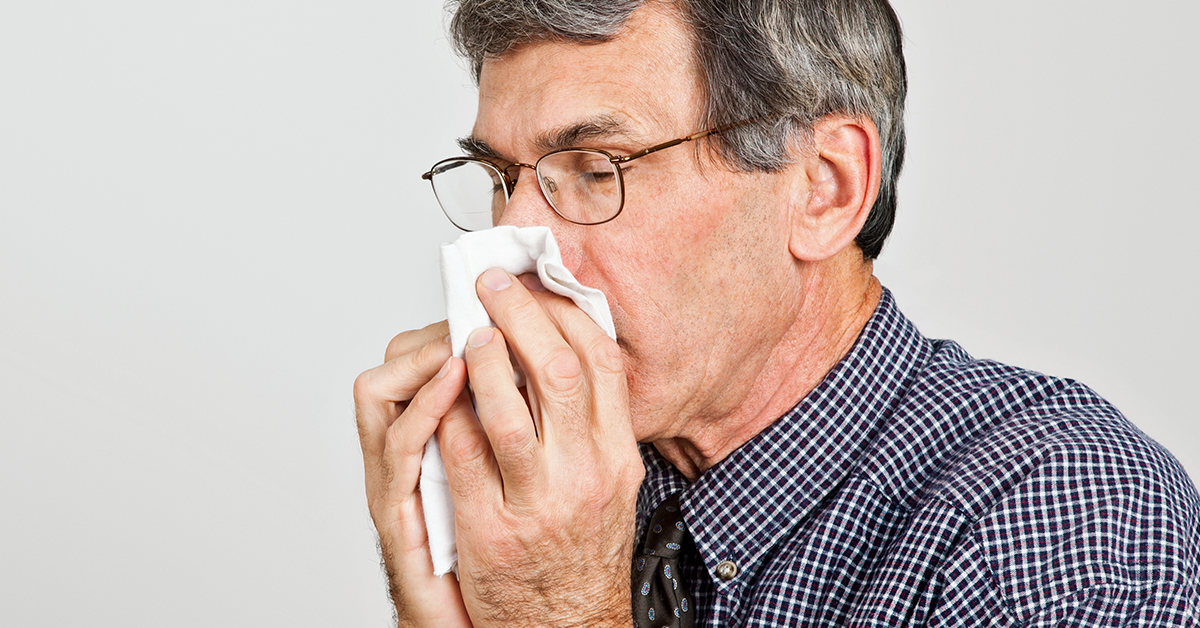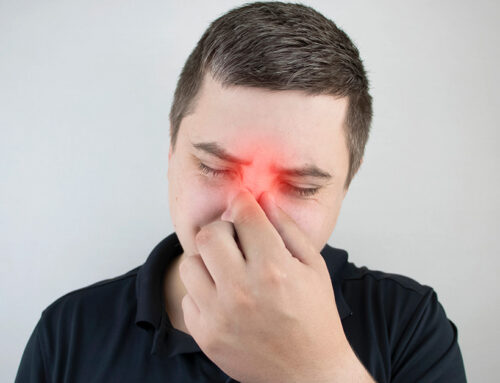
Can Allergies Develop As You Age?
If you didn't have allergies as a child, is it possible for you to develop them as an adult? Before we answer this question, let's dive deep into what allergies are and how they work. Allergies arise when your body comes in contact with pollen, pet dander, or another substance it considers foreign. They trigger an abnormal reaction by your immune system.
Allergies often lead to symptoms such as stuffy or runny nose, puffy eyes, and scratchy throat. If your allergies are severe, you may even face breathing challenges, diarrhea, and hives. These symptoms can interfere with your ability to complete day-to-day tasks and take a toll on your overall quality of life.
When Do Allergies Usually Start
In most cases, allergies make their debut when we're young. In fact, research has discovered that one in five kids are living with some type of allergy or asthma. Fortunately, most people's tolerance to allergies increases as they get older. They may even outgrow them by the time they reach their 20s or 30s.
While allergies usually begin in children, there is a chance that you'll become allergic to something new as an adult. What are the most common types of allergies that may come about as we get older? Here are a few of them.
- Seasonal Allergies: Seasonal allergies typically occur during the spring or fall. When these seasons hit, you may experience allergies to pollen and other plant-based allergens.
- Pet Allergies: Even if you don't have a pet, pet dander or skin flakes that become airborne may prompt pet allergies.
- Food Allergies: You may be surprised to learn that approximately 11% of adults in the U.S. are allergic to some type of food. Some of the most common types of foods that cause allergies are peanuts, dairy, eggs, and fish.
Although it remains unclear as to why allergies appear in adulthood, researchers believe that even one episode of allergy symptoms as a child can lead to allergies later in life. If you are an adult who is living with allergies and looking for relief, don't hesitate to contact your doctor to discuss a viable treatment plan.
How to Manage Allergies
Once a doctor pinpoints your particular allergen, they can help you figure out how to keep your allergies under control. The best treatment may be to simply avoid contact with the allergen as much as possible. Over-the-counter medications and allergy shots may also help.




